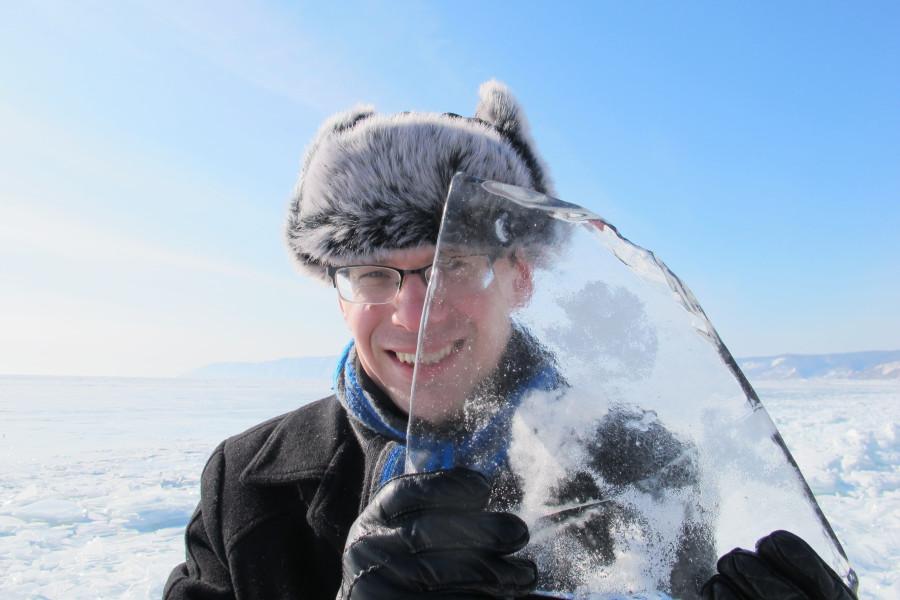ARCTICenter: the new ‘cool’ thing
Nov 5, 2015
Cold research just got colder for the UNI arctic studies major.
On Thursday, Oct. 22, the Board of Regents unanimously voted to expand the arctic studies program at UNI and to recognize a new campus facility in the works as the ARCTICenter.
The Arctic Social and Environmental Systems research lab was established in 2011, and the program has been waiting since January for papers to go through so they can be recognized as the Arctic, Remote and Cold Territories Interdisciplinary Center, or ARCTICenter.
The group has mainly worked in Arctic regions, but this addition means the students will be working with other cold and remote areas, such as high mountains, Antarctica and even some places in the continental United States fall into the categories listed in the acronym.
Andrey Petrov, associate professor of geography and head of the arctic studies program, believes this implementation will have a major impact on Arctic research.
“Although we had a lot of Arctic research before the center was approved, now we will certainly have more capacity to do so,” Petrov said.
According to Petrov, the vision of the ARCTICenter is to advance the interdisciplinary knowledge about socio-economic and social-ecological systems in the polar, remote and cold regions.
UNI is looking to serve as a go-to center in research, education and outreach on issues concerning the Arctic for the state of Iowa, as well as provide accurate information about the Arctic, Antarctica and other colder regions of the planet.
Petrov has served on the International Arctic Science Committee, International Arctic Social Sciences Association Council, and Polar Geography Board of the Association of American Geographers.
Petrov said there are usually a handful of students that take part in these studies, most of which are graduate students. However, there is still a special place for undergraduate students. According to Petrov, it is a very eye-opening experience for all students involved, and gives them a new perspective of the world we live in.
Graduate student Emily Francis chose to come to UNI specifically to work with Petrov and the Arctic-FROST program, which is another program within the Arctic studies. Francis thinks the development of the ARCTICenter will be beneficial to her education here.
“As we are one of the few universities in the Midwest with this status,” said Francis, “it is a great opportunity for us to expand our research network and work with different people and organizations.”
Francis said she chose to pursue this area of study because she grew up in the Midwest and has always had an interest in the cold and snow.
“It amazes me how humans and animals have adapted to these conditions, and I think it is important to research,” Francis said.
Petrov stated that UNI’s Arctic research center is one of the few outside the Arctic that has a strong focus on social and economic change and interactions between humans and nature.
Students are involved in many of the different projects, including the analysis of social, economic and environmental data as well as more Arctic-based research.
Such research includes aspects such as community interviews and field observations. UNI students have done work in both Canada and Russia, and UNI has developed partnerships with institutions of higher learning in Arctic countries. They have also developed a partnership with the Consulate General of Canada in Minneapolis.









Harry Enggaard • Oct 22, 2017 at 12:33 pm
Congratulations with your new Arctic Center. It is very important that we get more eyes and ears on what is happening here in the polar regions. I myself, had the pleasure of having Andrey as a lecturer here on Greenland University in Arctic Creative Economy some years ago. It was a great experience.
Best
Harry